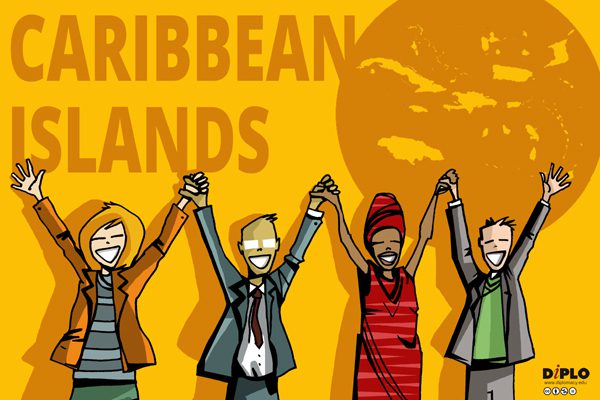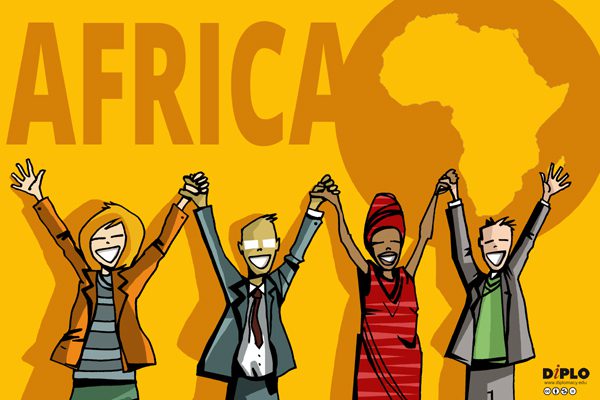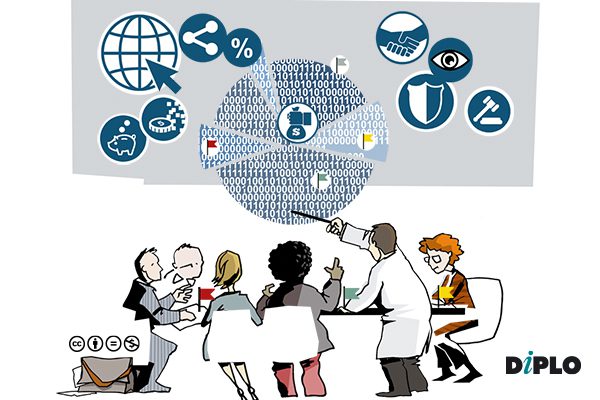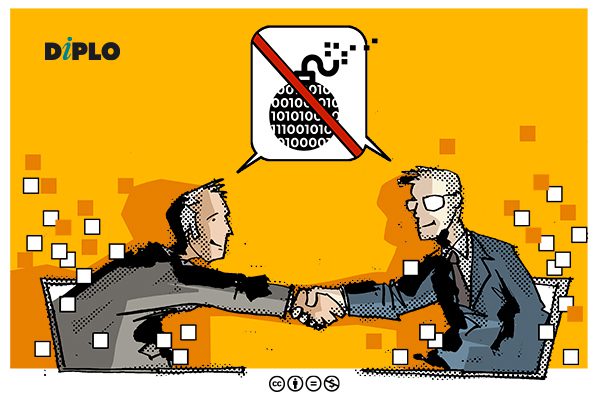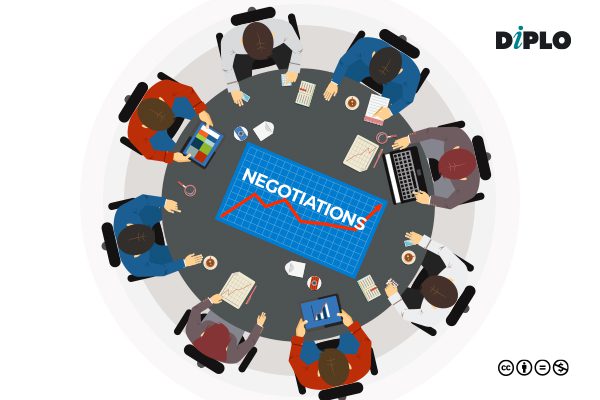Diplomatic functions and tools
Diplomacy is performed through the following functions outlined in Article 3 of the Vienna Convention on Diplomatic Relations (1961), inter alia:
- Representing the sending State in the receiving State
- Protecting the interests of the sending State and of its nationals in the receiving State, within limits permitted by international law
- Negotiating with the Government of the receiving State
- Ascertaining, by all lawful means, conditions and developments in the receiving State, and reporting thereon to the Government of the sending State
- Promoting friendly relations between the sending State and the receiving State, as well as developing economic, cultural, and scientific relations
The phrase inter alia suggests the potential for including additional diplomatic functions.
What is diplomatic representation?
Diplomatic representation includes the following aspects: ceremony and symbolism, power and interests, and ideas. States are typically represented via resident diplomatic missions and occasionally through non-resident ambassadors.
What are diplomatic negotiations?
At the heart of diplomatic functions lies negotiation. Quincy Wright articulates diplomacy as ‘the craft of negotiation, striving to achieve maximum group objectives with minimum costs, within a political system where war is plausible’.
Hedley Bull views diplomacy as ‘the administration of international relations through negotiation’. G. R. Berridge emphasises negotiation as an alternative to force, stating: ‘Diplomacy is the management of international relations via negotiation, as opposed to force, propaganda, or legal recourse.
It also encompasses other peaceful methods (like information gathering or fostering goodwill) aimed directly or indirectly at promoting negotiation.’
Why is information gathering important in diplomacy?
Since the dawn of diplomacy, information gathering and analysis has been a key diplomatic function. While information acquisition posed significant challenges in the past, today’s digital age offers abundant data from sources like Wikipedia, social media, and other online platforms.
However, the internet also presents hurdles in discerning and verifying reliable sources. How much can diplomatic services trust online data? How can diplomats assess, contextualise, and utilise this information effectively?
At Diplo, we tackle these challenges head-on through our dedicated focus on data and diplomacy work.
How to achieve the protection of interests and citizens abroad?
Diplomatic and consular protection are two primary means of safeguarding a state and its citizens abroad. Diplomatic protection involves diplomats from the sending state working via their foreign affairs ministry, while consular protection involves consular officers liaising directly with relevant authorities in the receiving state.
The principle of diplomatic protection, initiated in 17th and 18th century Europe and America to shield foreign investments, was established in the Vienna Convention on Diplomatic Relations (Article 3). Notably, the Calvo Doctrine, named after an Argentinean jurist and widely applied, assigns jurisdiction in international investment disputes to the country where the investment is made.
The age-old consular function aims to protect the commercial and other interests of a sending state’s citizens. The Vienna Convention on Consular Relations (1963) is a major legal source regulating consular relations, supplemented by numerous bilateral consular agreements and the European Convention on Consular Functions (1967), ratified by only four countries.
How is diplomatic communication defined?
Diplomacy is fundamentally about communication and information exchange. It’s seen as ‘transnational communication among global elites’, according to Bhagevatula S. Murty.
Similarly, Brian White views diplomacy as ‘a dialogue and negotiation process among international actors aiming to resolve conflicts’ and as ‘an instrument for executing foreign policy’.
This crucial role of communication in diplomacy is encapsulated by Trần Văn Dĩnh, who compares communication to the lifeblood of diplomacy: ‘Communication is to diplomacy what blood is to the human body.
When communication stops, the diplomatic process – the body of international politics – either succumbs to violent conflict or withers.’
Other scholars like Constantiou and James Alan characterise diplomacy as ‘a regulated communication process’ and ‘the communication system of international society’, respectively.
What is the future of diplomatic meetings?
The COVID-19 pandemic has catapulted us into a digital age, driving everyday activities from offline to online. The shift has surged in online lectures, meetings, and conferences. With this rise, new conferencing platforms emerge, with existing ones gaining momentum.
In response to these changes, Diplo hosted its pioneering Future of Meetings online conference in May 2020, drawing almost 600 participants. The conference dove into the five crucial facets of the future of meetings: technology, security, moderation, behaviour, and diplomacy. A digest of these enlightening discussions is accessible in the report here.
Explore Diplo’s dedicated Future of Meetings page for a deeper dive into this subject.
Click to show page navigation!


